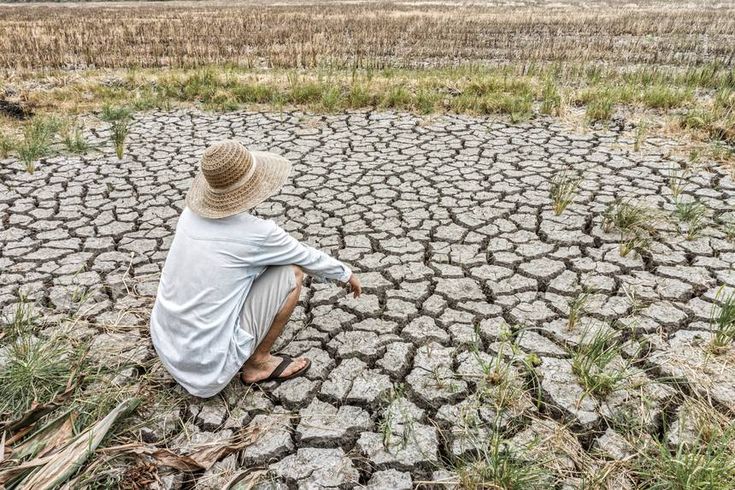Economic Crisis and Its Impact on the Environment

The global economy is currently facing a period of great uncertainty. A range of factors—including geopolitical conflicts, trade wars, rising inflation in developed countries, and slowing economic growth—are contributing to this instability. One notable trigger has been the disruption of global supply chains, influenced by protectionist policies during the Trump administration. This global turbulence is affecting both domestic and international economic stability, pushing countries to strengthen resilience across sectors to maintain national income and optimize available resources.
In Indonesia, the government is actively promoting foreign investment and collaboration to maximize the use of domestic resources. Efforts are being concentrated on energy, food, industry, and infrastructure development, all aimed at generating economic growth. However, exploiting natural resources without considering ecosystem health and sustainability may backfire, leading to environmental disasters and long-term losses.
This economic strain also has significant social consequences. Rising unemployment—driven by both an increase in new job seekers and mass layoffs—has reduced job opportunities and household income. At the same time, the cost of living continues to rise, forcing communities to adapt by managing their finances more carefully and tapping into local resources as alternative sources of income.
The environmental sector has not been spared. In times of economic difficulty, environmental concerns often become secondary. Budget constraints and the relaxation of environmental regulations—intended to attract investment—have led to increased exploitation of natural resources, while investment in renewable energy and sustainability initiatives has declined. Meanwhile, reliance on fossil fuels is growing, and many companies are cutting costs by reducing investments in waste and emissions management.
Yet, amid these challenges, there is a promising opportunity: the rise of green jobs and sustainable businesses. The renewable energy sector holds significant economic potential, not just at the industrial level but also at the community level. Large-scale ventures such as solar panel businesses, wind and hydropower development, and bioenergy initiatives offer not only financial returns but also long-term environmental benefits.
On a smaller scale, households and communities can take part by turning organic waste into compost, recycling plastic waste into valuable products, or converting household waste into biogas. These solutions allow stakeholders—governments, businesses, and citizens—to rethink waste as a resource and transform it into clean energy without resorting to environmentally destructive practices.
By encouraging energy independence and environmental awareness, we can help create a more resilient society. When communities are empowered and self-reliant in meeting their energy needs, they are better equipped to sustain both their economies and ecosystems in the face of ongoing challenges.
Wtitten by: Jenni Irene Connie
Edited by: Fauzan Ramadhan

